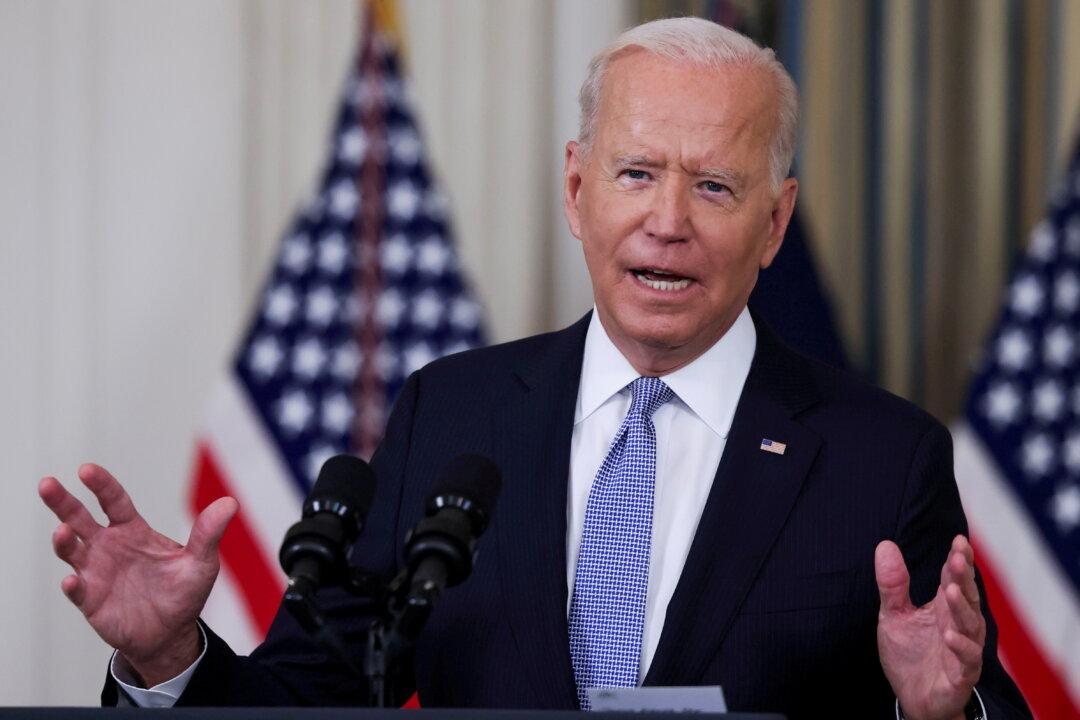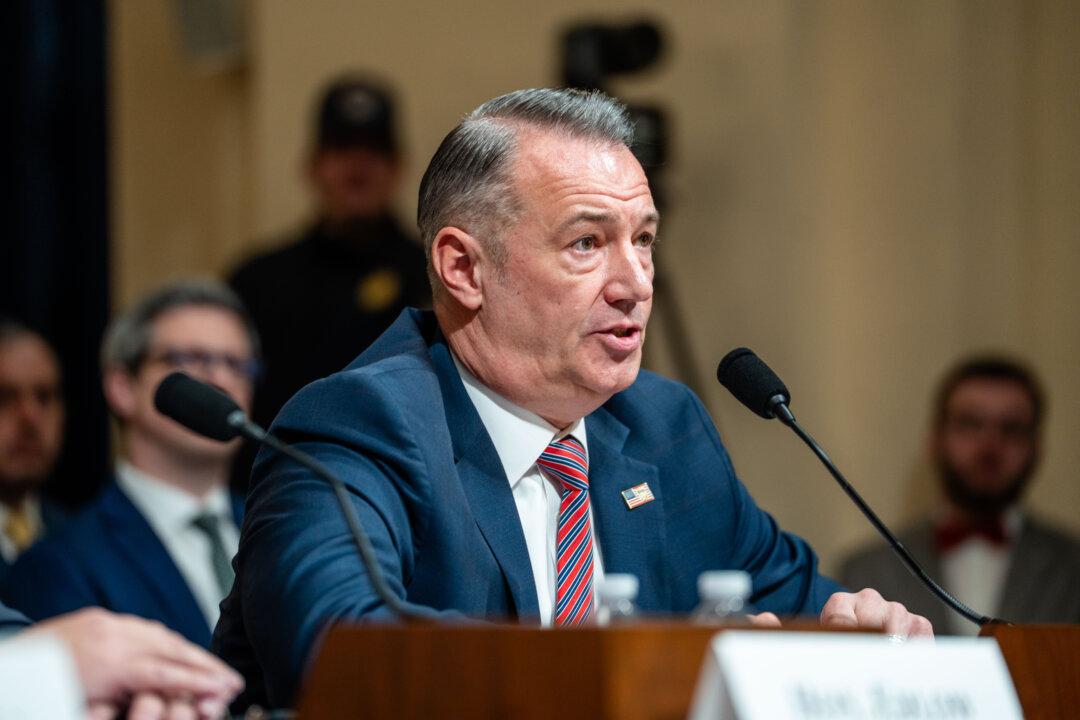The Small Business Administration (SBA) can expect more help fighting future cyberattacks now that President Joe Biden has signed the SBA Cyber Awareness Act.
The bipartisan legislation by Reps. Young Kim (R-Calif.) and Jason Crow (D-Colo.) is expected to strengthen the SBA’s ability to handle and report cyber threats that impact small businesses.





